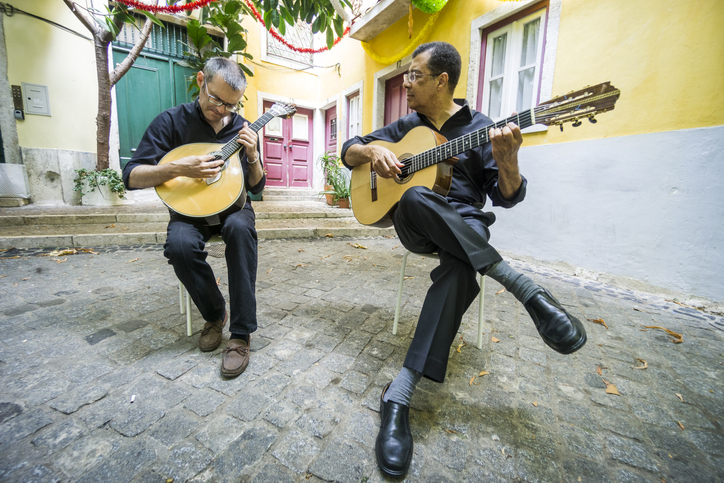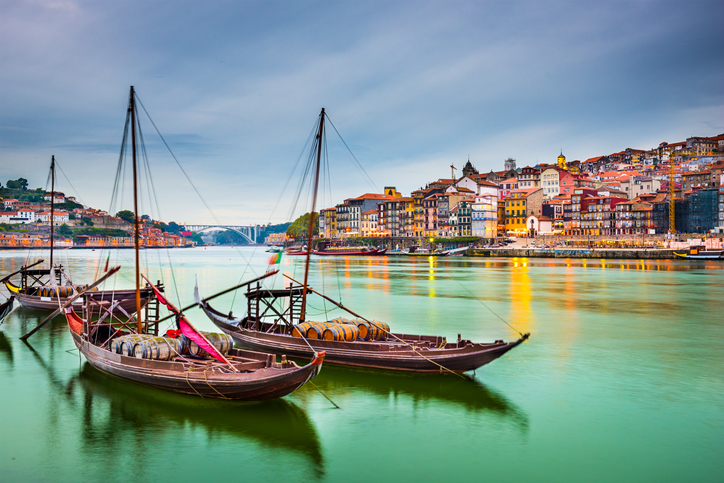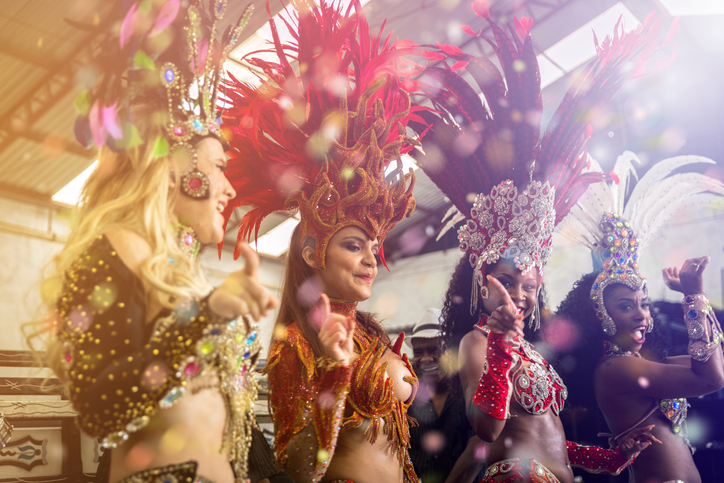
Portuguese language, is a Romance language that is spoken in Portugal, Brazil, and other Portuguese colonial and formerly colonial territories. Portuguese is the second-most popular Romance language (behind Spanish) with 187 million speakers in Brazil and more than 10 million speakers in Portugal, the language’s country of origin. Today it is one of the world’s major languages, ranked seventh according to number of native speakers (between 205 and 230 million). It is the language of about half of South America’s population, even though Brazil is the only Portuguese-speaking nation in the Americas. It is also a major lingua franca in Portugal’s former colonial possessions in Africa. It is an official language in nine countries (see the table on the right), also being co-official with Cantonese Chinese in Macau and Tetum in East Timor. There are sizeable communities of Portuguese speakers in various regions of North America, notably in the United States (New Jersey, New England, California and south Florida) and in Ontario, Canada (especially Toronto).
Portuguese is also the fourth most learned language in the world, since approximately 28 million students study this language. The obligatory learning of Portuguese is observed in Uruguay, Argentina, Venezuela, Zambia, Congo, Senegal, Namibia, Swaziland, Côte d’Ivoire and South Africa.
Portugal

In the southwest corner of Europe lies Portugal, one fifth of the Iberian Peninsula it shares with Spain. Portugal is divided into regions, each offers unique features , history, scenery and cuisine. The regions are from south to north: Algarve, Alentejo, Lisbon and Lisbon Coast, Estremadura and Ribatejo, the Beiras, Douro and Tras-os-Montes and the Minho. Portugal also includes 2 island groups: the Azores and Madeira.
Brazil

The cultures of the indigenous Indians, Africans, and Portuguese have together formed the modern Brazilian way of life. The Portuguese culture is by far the dominant of these influences; from it Brazilians acquired their language, their main religion, and most of their customs. Literature, visual arts, performance arts, music, and dancing are all part of the colorful tapestry that is Brazil. The four-day pre-Lenten Carnival is the most famous and exuberant Brazilian holiday. Carnival in Brazil is the traditional combination of a Roman Catholic festival with the lively celebrations of people of African ancestry. It evolved principally in urban coastal areas, notably in the former plantation zones along the coast between Recife and Rio de Janeiro.


